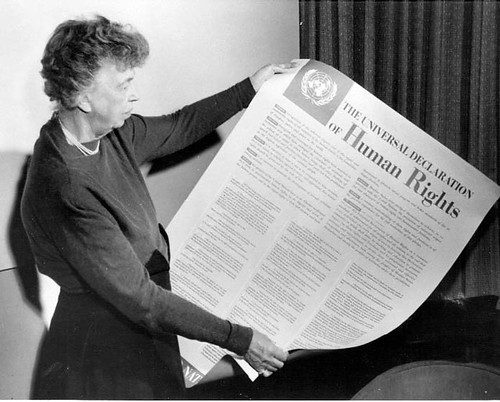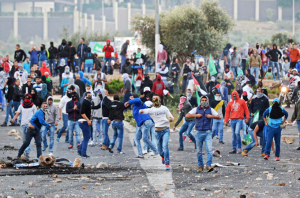By Kathryn Maureen Ryan
Impunity Watch, Managing Editor
Washington D.C., United States of America – Sony Pictures Entertainment announced Wednesday that the study would cancel the December 25th Release of “The Interview” in response to threats from the North Korean regime. Following alleged ambiguous threats to movie goers referencing the September 11th 2001 attacks in the United States several major multiplex companies across the country refused to show the film. Sony referenced this issue in its announcement saying “in light of the decision by the majority of our exhibitors not to show the film.” The decision to cancel the release of “The Interview” comes as the United States government confirms that last month’s cyber-attack on Sony pictures originated form the Korean Peninsula and the North Korean regime was behind the attacks.

“The Interview,” a satirical political comedy staring Seth Rogan and Academy Award Winning Actor James Franco told the story of two Americans tasked by the CIA to assassinate North Korea leader Kim Jung-un, played by Randall Park. The film was deemed offensive by the North Korean regime, one of the world’s most secluded and censored countries where the majority of people live in extreme poverty, which deemed the goal of preventing the film’s releases worth devoting its resources to carrying out one of the largest cyber-attacks ever carried out against an American corporation.
Sony Pictures cited alleged terror threats originating from the North Korean regime as its primary reason for pulling the film. On Tuesday an email, allegedly sent from the North Korean hacking group responsible for last month’s cyber-attack on Sony Pictures, was sent to various news outlets referencing the film and the September 11th attacks. However, The Department of Homeland Security said Tuesday there was “no credible intelligence to indicate an active plot against movie theaters,” but noted it was still analyzing messages from the group. United States President Barack Obama also responded to the alleged threats saying Americans should go to the movies.
Sony’s decision to pull the film is ultimately a business decision rather than a response to alleged future threats. The company suffered an embarrassing blow from the release of documents and personal emails from company expertise and potentially lost millions of dollars in revenue after the hackers released three unreleased movies online and posted full scripts of several upcoming Sony films. “This attack went to the heart and core of Sony’s business and succeeded,” said Avivah Litan, a cybersecurity analyst at research firm Gartner. “We haven’t seen any attack like this in the annals of U.S. breach history.”
Before Sony announced its decision Wednesday, Regal Cinemas, AMC Entertainment and Cinemark Theatres, the three top movie-theater chains in North America announced that they were postponing any showings of film. Regal said in a statement that it was delaying “The Interview” ”due to wavering support of the film ‘The Interview’ by Sony Pictures, as well as the ambiguous nature of any real or perceived security threats.” AMC noted “the overall confusion and uncertainty” surrounding the film.
The North Korean regime, a country with a GDP of just $40 Billion Dollars successfully attacked the servers of the Sony Corporation, an estimated $70 Billion company, stealing more than 100 terabytes of data from Sony Pictures and force the cancellation of an American motion picture.
The cancellation of the release of “The Interview” is reminiscent of the history of one of the greatest political satires of all time; Charlie Chaplin’s “the Great Dictator.” When Charlie Chaplin was producing the film the British Government stated that it would not allow the release of the film in British Theaters out of fear that it would offend the Hitler regime in Nazi Germany, at the time the British government was practicing the policy of Appeasement, refusing to stand up to one of the deadliest regimes in human history.
For more information please see:
ABC News – Sony Cancels ‘The Interview’ Dec. 25 Release – 17 December 2014
Al Jazeera – Sony Pulls N Korea Film Release after Threats – 17 December 2014
The Hollywood Reporter – Top Five Theater Circuits Drop ‘The Interview’ After Sony Hack – 17 December 2014
The New York Times – Sony Pictures Cancels Holiday Release of ‘The Interview’ After Threats – 17 December 2014


